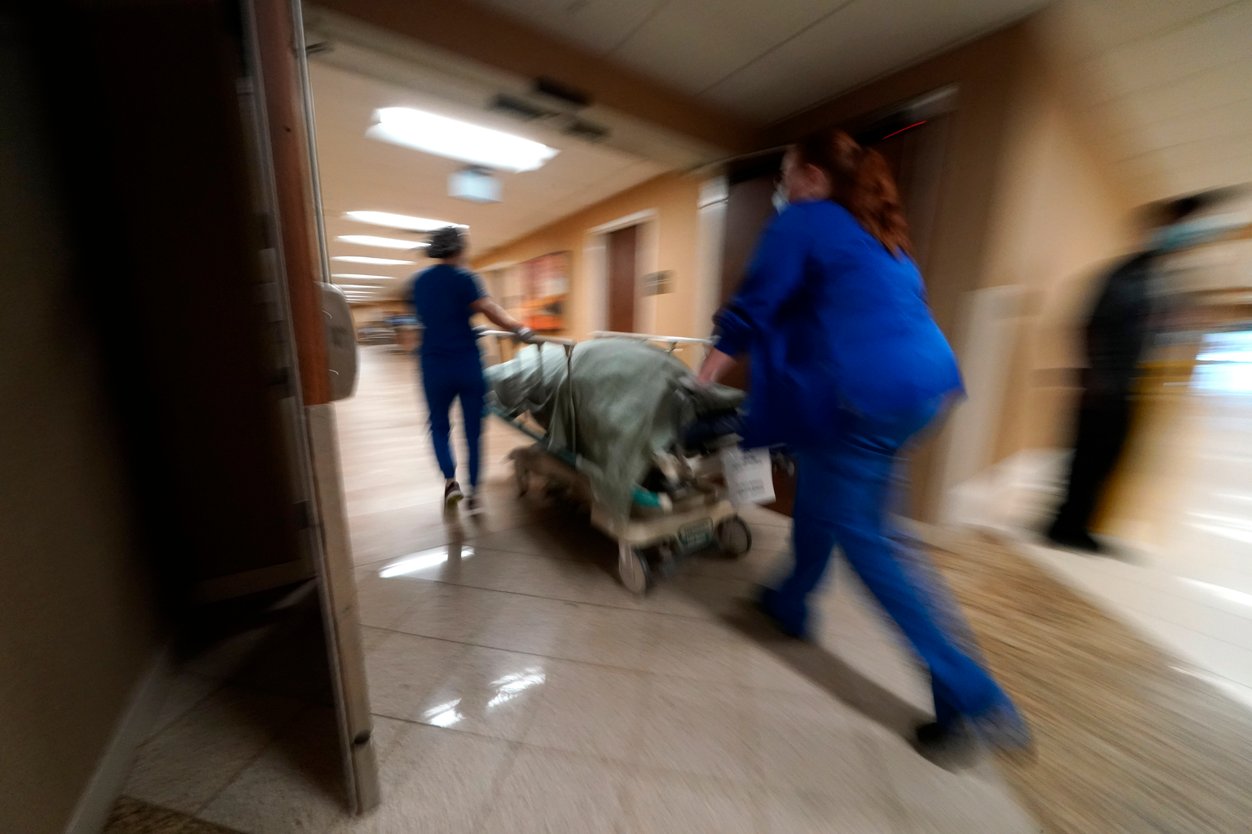Closer look
Emergency medicine grapples with potential surplus

Gerald Herbert/AP
The health care workforce is in a tenuous state, facing staff shortages and discontent that fuels strikes. There's a different problem in emergency medicine, one that sheds light on the complicated residency system that trains hospital doctors. While the American College of Emergency Physicians predicted in 2021 that there would be a surplus of nearly 8,000 emergency physicians by 2030, the pandemic — not to mention the prediction itself — has since dissuaded medical students from pursuing the field. Where once there were almost no vacancies in emergency medicine residency programs, now there are hundreds of unmatched seats.
Amid this confusing picture, Christus Spohn Hospital in Corpus Christi, Texas, said it would shut down its emergency medicine residency program, alarming doctors and patients across the region. Experts told STAT's Brittany Trang the Corpus Christi case shows how complex it will be to fix the country's inefficient medical residency system, which is ruled by outdated government stipulations regarding how many slots the government will fund and how much it will pay per resident. Read more.
First opinion
The end of the "excited delirium" diagnosis
The police killings of George Floyd, Angelo Quinto, and Elijah McClain, among others, initially revolved around the diagnosis of "excited delirium." Now the American College of Emergency Physicians has officially repealed the diagnosis, admitting it was wrong to ever introduce it.
The supposed condition was endorsed by the ACEP in a 2009 white paper that described it as "a unique syndrome" presenting characteristics including "pain tolerance," "agitation," "police noncompliance," and "unusual strength." The white paper was not based on previous literature, nor was it peer reviewed, and other prominent doctor organizations have long rejected the existence of such a condition, noting the racist connotations of its description.
Yet for many years, the ACEP's endorsement of "excited delirium" gave the concept credibility, promoting fears in the police and leading to violence, writes Utsha G. Khatri in First Opinion. The withdrawal of that endorsement is important, Khatri writes, but the damage won't be easy to undo.
biotech
How ARPA-H head Renee Wegrzyn plans to tackle Biden's Cancer Moonshot goals
Renee Wegrzyn, director of ARPA-H, visited Cambridge yesterday for the official launch of the agency's new 'investor catalst' hub. She spoke with STAT's Theresa Gaffney about the agency's plans for the future, including how it will navigate the cancer goals handed to it by President Biden without conflicting with the efforts of the National Cancer Institute.
"We have a very different model for the research that we do," Wegrzyn said. "Not a single dollar at ARPA-H is dedicated or pre-determined for a specific disease or a specific technology. Rather, we look for the areas that we see our asymmetrical investment can really advance on state of the art and nobody else is funding it." Read more.
No comments